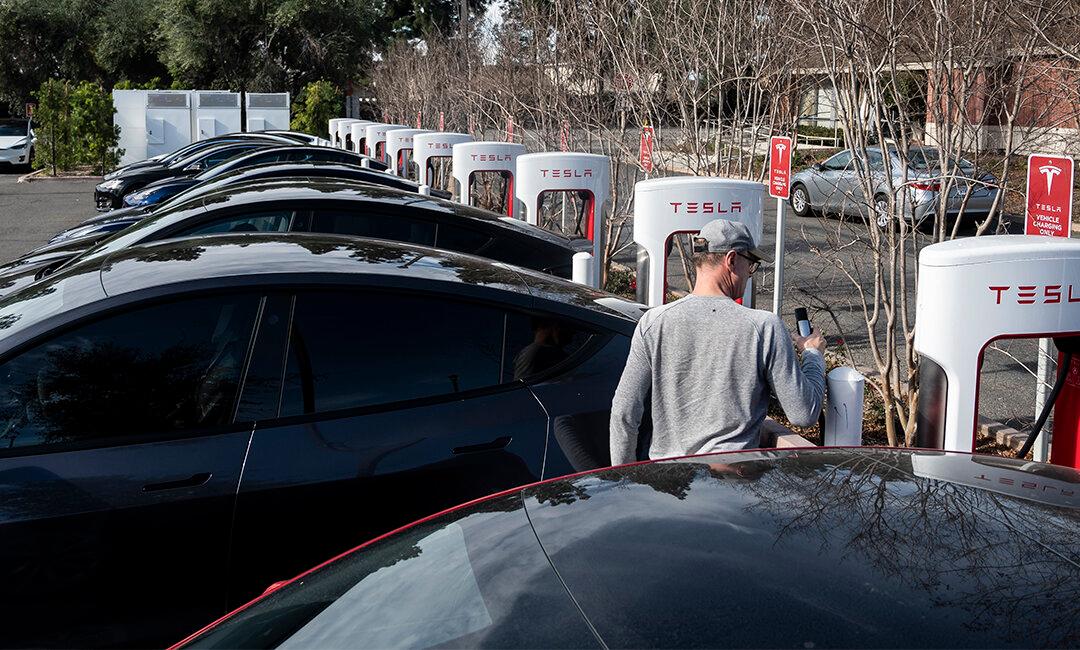Redwood Materials, a Nevada-based battery recycling startup, has secured a $2 billion conditional loan commitment from the Department of Energy to ramp up its production of electric vehicle (EV) battery components.
The loan, announced Feb. 9 in a blog posted on the Energy Department website, will go toward the construction and expansion of a McCarran, Nevada, manufacturing campus that the company will use to recycle used lithium-ion batteries and production scrap to produce new materials like anode copper foil and cathode active materials.





